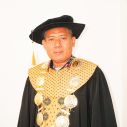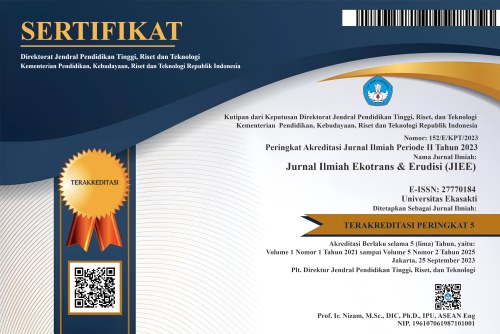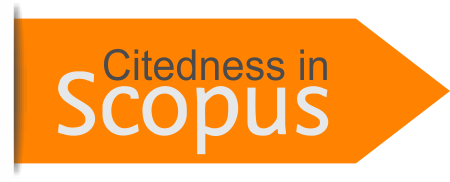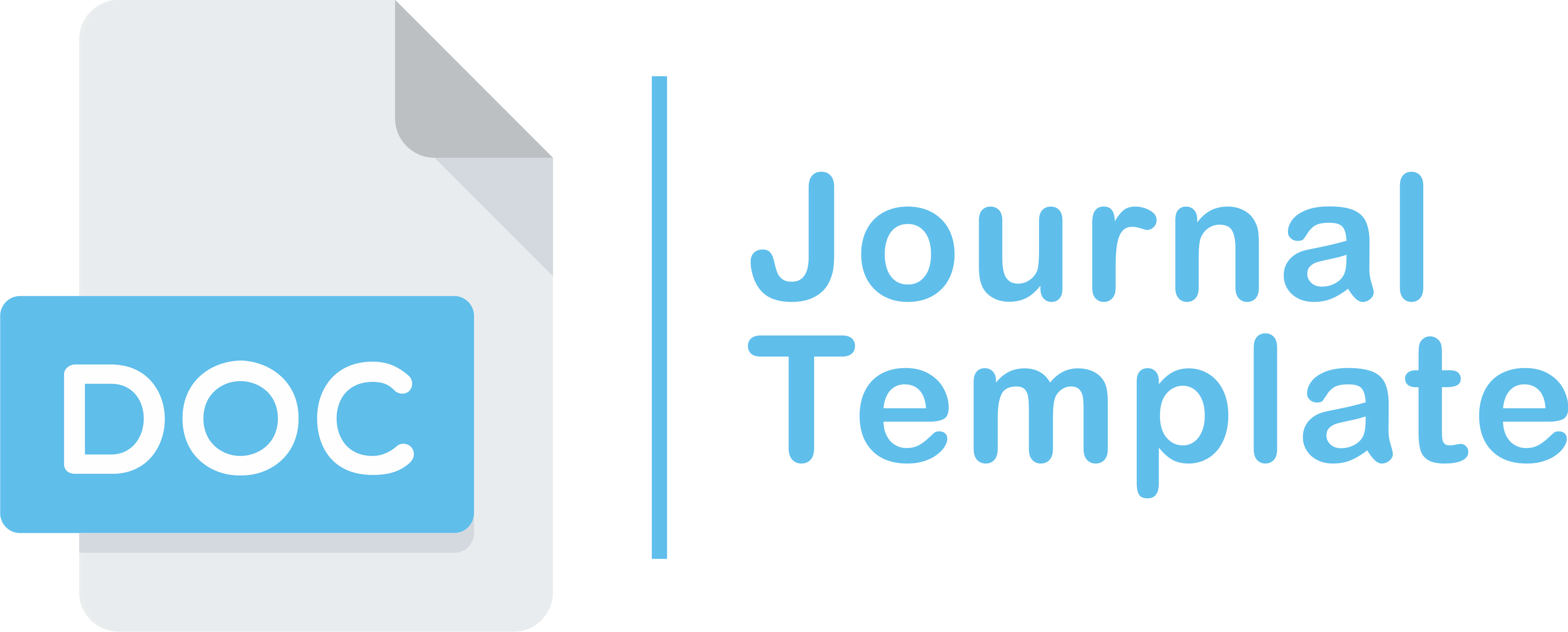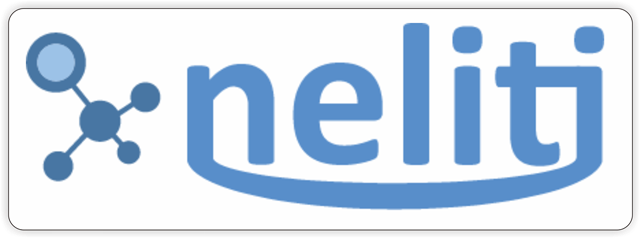The Authority of the Prosecutor in Conducting Investigations into Corruption Crimes According to Law Number 16 of 2004
DOI:
https://doi.org/10.69989/0t37j034Keywords:
Corruption, Prosecutor’s Authority, Law Number 16 of 2004Abstract
Corruption in Indonesia remains a persistent problem, undermining the government system, economy, and threatening social stability. This study aims to analyze the authority of prosecutors in conducting investigations into corruption crimes based on Law Number 16 of 2004 concerning the Prosecutor's Office of the Republic of Indonesia. The research questions in this study include: 1) How is the authority of the prosecutor's office regulated in investigating corruption crimes under Law Number 16 of 2004; 2) What is the mechanism for investigations conducted by prosecutors; and 3) What obstacles are faced by prosecutors in conducting investigations based on this law. This research uses normative and empirical legal methods. To address these issues, an empirical juridical type of research is employed, utilizing semi-structured interviews and the statute approach. The results show that Law Number 16 of 2004 provides a strong legal foundation for prosecutors to investigate corruption crimes. The authority is further regulated under Law Number 31 of 1999 on the Eradication of Corruption Crimes, as amended by Law Number 20 of 2001. This represents a significant challenge for the prosecutor's office and other law enforcement agencies to address. The role of prosecutors is specified in Article 1 point 1 of Law Number 16 of 2004 concerning the Prosecutor's Office of the Republic of Indonesia, and their duties and functions as investigators of corruption crimes are aligned with the provisions of Article 284 paragraph (2) of the Criminal Procedure Code (KUHAP) and Article 17 of Government Regulation Number 27 of 1983. The existence of various regulations granting investigative authority to other institutions also poses obstacles, leading to overlapping jurisdictions and differing perceptions in carrying out the investigative process. These issues form significant challenges to the authority of prosecutors as investigators of corruption crimes.
Downloads
References
Barbabela, L. (2023). Judicial Inconsistency and Citizen Anti-Corruption Demobilization: Evidence from Brazil. Government and Opposition. https://doi.org/10.1017/gov.2023.36
Danil, E., & Daulay, Z. (2018). Implication of regulation authorities on the efforts to accelerate the eradication of corruption. Hasanuddin Law Review, 4(3), 356–365. https://doi.org/10.20956/halrev.v4i3.1078
Fritzen, S. A., & Dobel, J. P. (2018). Transforming corrupt systems: What have we learned? Public Integrity, 20, S60–S73. https://doi.org/10.1080/10999922.2018.1461172
Gordon, S. C. (2009). Assessing partisan bias in federal public corruption prosecutions. American Political Science Review, 103(4), 534–554. https://doi.org/10.1017/S0003055409990207
Gründler, K., & Potrafke, N. (2019). Corruption and economic growth: New empirical evidence. European Journal of Political Economy, 60. https://doi.org/10.1016/j.ejpoleco.2019.08.001
Hadi, S., Nurmandi, A., Rahardjo, T., & Pribadi, U. (2020). Corruption of the Local Leaders in Indonesia: An Expository Study. Jurnal Media Hukum, 27(2), 252–266. https://doi.org/10.18196/jmh.20200155
Nir, E., & Liu, S. (2021). What Do the Gatekeepers See? Perceptions and Evaluations of Scientific Evidence Among State Court Judges. Criminology, Criminal Justice, Law and Society, 22(1), 20–35.
Ramadhani, S., Putera, R. E., Zetra, A., & Fahmi, K. (2022). Examining Election Regulations Related to Candidates Ex-Corruptor: Case Study of Agusrin-Imron’s Candidacy in the 2020 Bengkulu Provincial Election. 7th International Conference on Social and Political Sciences (ICoSaPS 2022), 237–243.
Sabir, M., Sultan, M. S., Magsi, H., & Bashir, M. K. (2024). Socioeconomic implications of infrastructure development: Exploring the impacts of water infrastructure through stakeholders’ perceptions. World Development Perspectives, 33. https://doi.org/10.1016/j.wdp.2023.100563
Setiyono, J. (2018). Effectiveness of corruption court in corruption eradication in Indonesia. IOP Conference Series: Earth and Environmental Science, 175(1). https://doi.org/10.1088/1755-1315/175/1/012201
Sidorova, N. A., & Vasilyev, I. A. (2024). Sufficiency of evidence in court decisions in criminal cases: Particular problems. Vestnik Sankt-Peterburgskogo Universiteta. Pravo, 15(3), 736–748. https://doi.org/10.21638/spbu14.2024.313
Sihombing, E., Muda, I., & Fachrudin, K. A. (2025). Forensic accountants: Combating corruption through collection of evidence and enhancement of quality of audit in the calculation of state financial losses in Indonesia. International Journal of Innovative Research and Scientific Studies, 8(2), 265–275. https://doi.org/10.53894/ijirss.v8i2.5144
Sumardiana, B., Pujiyono, P., & Cahyaningtyas, I. (2024). Reforming Justice: Unpacking the Prejudication and Post-Judicate Dynamics of the Sarpin Case in Law and Practice in Indonesia. Lex Scientia Law Review, 8(2), 1089–1116. https://doi.org/10.15294/lslr.v8i2.10744
Susilo, E., Din, M., & Mansur, T. M. (2024). Justice Delayed, Justice Denied: A Critical Examination of Repeated Suspect Status in Indonesia. Hasanuddin Law Review, 10(3), 342–357. https://doi.org/10.20956/halrev.v10i3.6088
Tambunan, D. (2023). Indonesia under threat: The danger of corruption to political legitimacy. Asian Journal of Comparative Politics, 8(1), 112–140. https://doi.org/10.1177/20578911221124965
Truex, R. (2011). Corruption, Attitudes, and Education: Survey Evidence from Nepal. World Development, 39(7), 1133–1142. https://doi.org/10.1016/j.worlddev.2010.11.003
Valentina, T. R., & Putera, R. E. (2013). Building the local-based elements of national anti corruption integrity system in West Sumatera. Bisnis & Birokrasi: Jurnal Ilmu Administrasi Dan Organisasi, 20(2), 3.
Downloads
Published
Issue
Section
License
Copyright (c) 2025 Reyza Darfebryanto, Elwidarifa Marwenny, Engrina Fauzi (Author)

This work is licensed under a Creative Commons Attribution-ShareAlike 4.0 International License.
Copyright Notice
An author who publishes in the journal "Jurnal Ilmiah Ekotrans & Erudisi" agrees to the following terms:
Author retains the copyright and grants the journal the right of first publication of the work simultaneously licensed under the Creative Commons Attribution-ShareAlike 4.0 License that allows others to share the work with an acknowledgement of the work's authorship and initial publication in this journal
Author is able to enter into separate, additional contractual arrangements for the non-exclusive distribution of the journal's published version of the work (e.g., post it to an institutional repository or publish it in a book) with the acknowledgement of its initial publication in this journal.
Author is permitted and encouraged to post his/her work online (e.g., in institutional repositories or on their website) prior to and during the submission process, as it can lead to productive exchanges, as well as earlier and greater citation of the published work (See The Effect of Open Access).
All materials in this site are protected by the law. It is prohibited to quote a part of or all of this website contents for commercial purposes without the permission or consent of the editors.
If anyone finds one article or more in this journal violate or potentially violate one’s copyrights, please report to us through e-mail of Principle Contact.
Legal-formal aspects of accessing any information and manuscript in this journal website refer to the provision of license Creative Commons Attribution-Share Alike (CC BY-SA). Read more about the Creative Commons Attribution-ShareAlike 4.0 Licence here: https://creativecommons.org/licenses/by-sa/4.0/.
All information available in 'Jurnal Ilmiah Ekotrans & Erudisi' is academic in nature. 'Jurnal Ilmiah Ekotrans & Erudisi' is not responsible for loss due to the abuse of information in the website.
Information
Notice about change in the copyright policy of the journal 'Jurnal Ilmiah Ekotrans & Erudisi' : "From Volume 1, Nomor 1 onwards the copyright of the article published in the journal 'Jurnal Ilmiah Ekotrans & Erudisi' will be retained by the author"
Privacy Statement
The names and email addresses entered in this journal site will be used exclusively for the stated purposes of this journal and will not be made available for any other purpose or to any other party.

